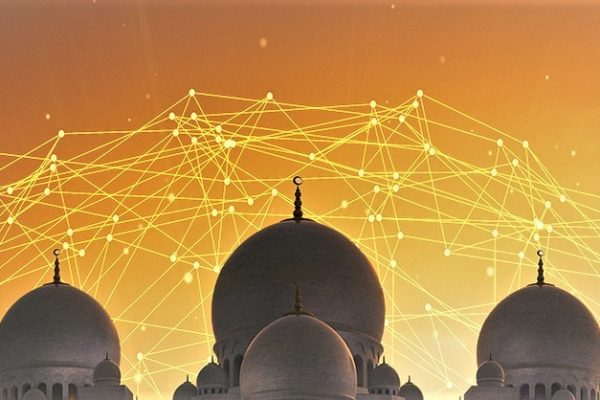
Historical Background on Islamic Contributions to Cosmology
The Islamic Golden Age, spanning from the 8th to 14th centuries, marked a period of profound scientific and intellectual achievements in the Muslim world. This era saw the establishment of the House of Wisdom in Baghdad, where scholars from diverse backgrounds translated and expanded upon ancient texts, making significant contributions to cosmology. Prominent figures such as Al-Farabi, Al-Biruni, Ibn al-Haytham, Al-Zarqali, Nasir al-Din al-Tusi, and Ibn Sina pushed the boundaries of astronomical knowledge, developing sophisticated instruments and theories that laid the groundwork for modern science. Their efforts not only preserved but also enhanced the understanding of the universe, influencing the European Renaissance and the Scientific Revolution. This rich legacy highlights the harmonious interplay between faith and reason, offering timeless insights into the cosmos and underscoring the importance of continued dialogue between religious and scientific communities.
















